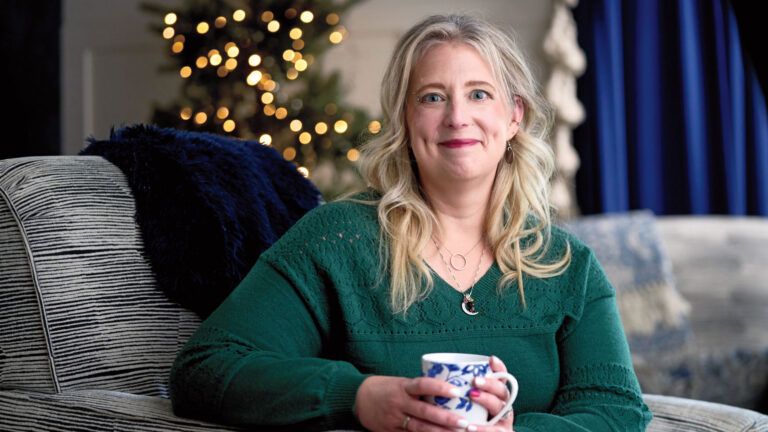Anyone who has spent time around a child knows that they can be fairly inarticulate about describing their feelings. They might say they feel “mad” when what they really feel is “sad.” Or they might say they are “calm” when their behavior….might suggest otherwise.
Accurately describing and labeling feelings and emotions is something we all need to cultivate—and it’s never too late to sharpen those skills. There is even a term for the ability to be specific and descriptive about these things—“emotional granularity.”
I like to visualize emotional granularity by thinking about sand. You can look at a vast expanse of beach and say, “I see sand.” Or, you can look more closely and notice how diverse the array of grains are that make up the seemingly smooth beach. There might be black rock, crushed seashell and polished stone, all granular parts of the seaside whole.
Similarly, with our emotions, we might look at ourselves on a given day and see a broad feeling like, “angry.” Looking more closely, however, we might notice more granular emotions, like embarrassment, anxiety, regret or impatience.
The power of emotional granularity doesn’t only lie in the sense of personal control that comes when we name what’s happening in our inner lives. According to Lisa Feldman Barrett, a neuroscientist who coined the term “emotional granularity” in her book, How Emotions Are Made, practicing emotional granularity also helps us re-frame so-called “negative” emotions to put them to more powerful use in our lives.
For example, recognizing that your irritability about being late to a dinner party because you feel judged by the hosts might help you communicate better with your spouse, explaining that you’ll have a better time if you don’t walk in the door already feeling insecure and anxious.
Barrett also offers emotional granularity as a way to act and feel more compassionately toward others as you get to know the specifics of their emotional expressions. For example, when you realize that someone you know frowns when they are concentrating on something, you don’t need to worry that they are cranky or depressed.
Research suggests that people who practice emotional granularity have better understanding and control over their more intense emotions. Is it time to put this concept to work for you?






